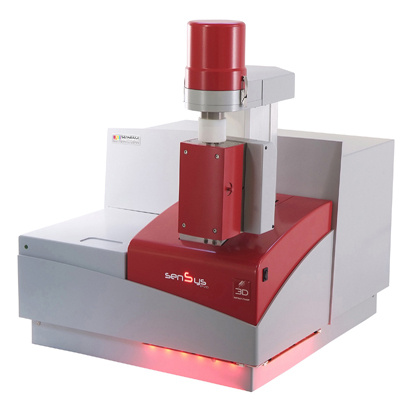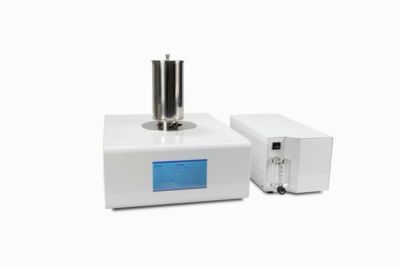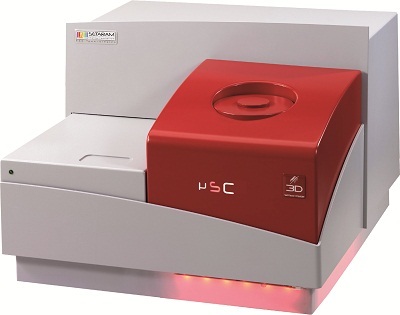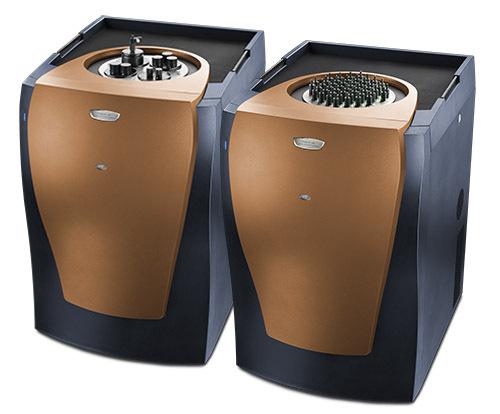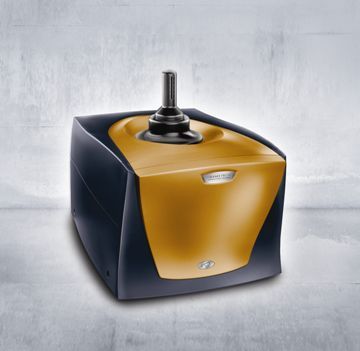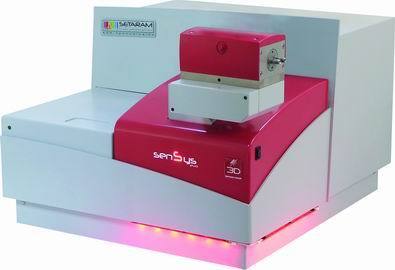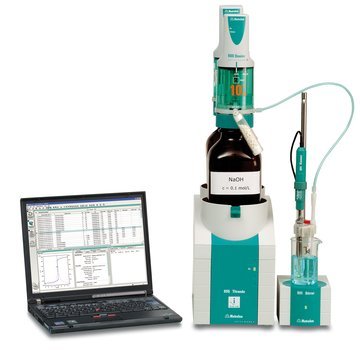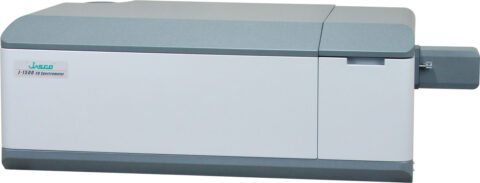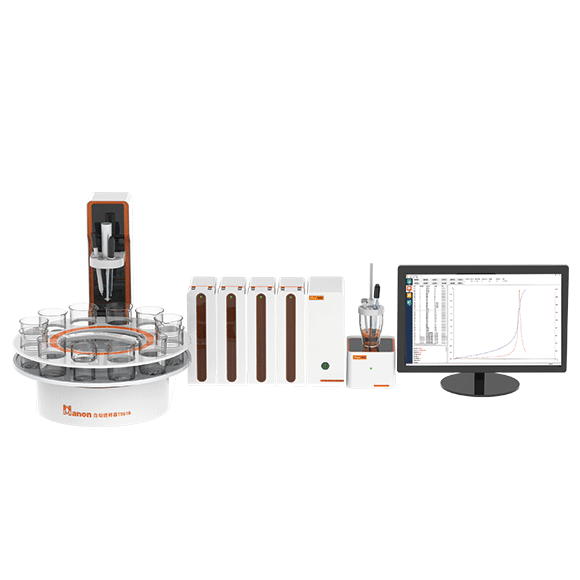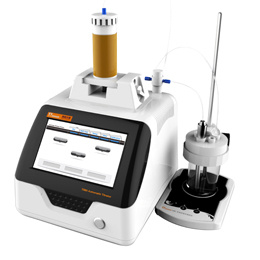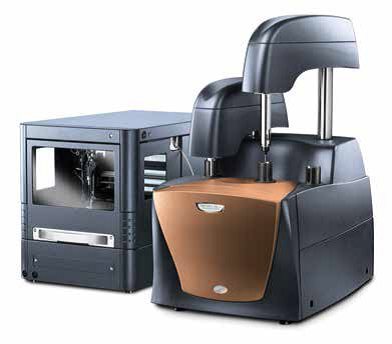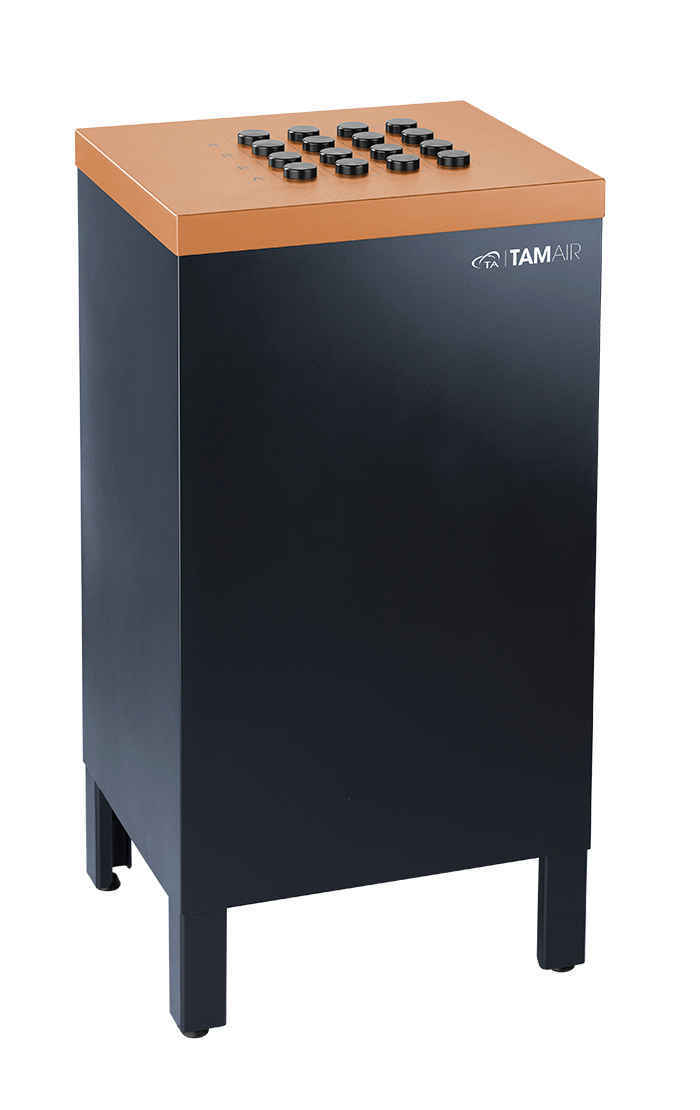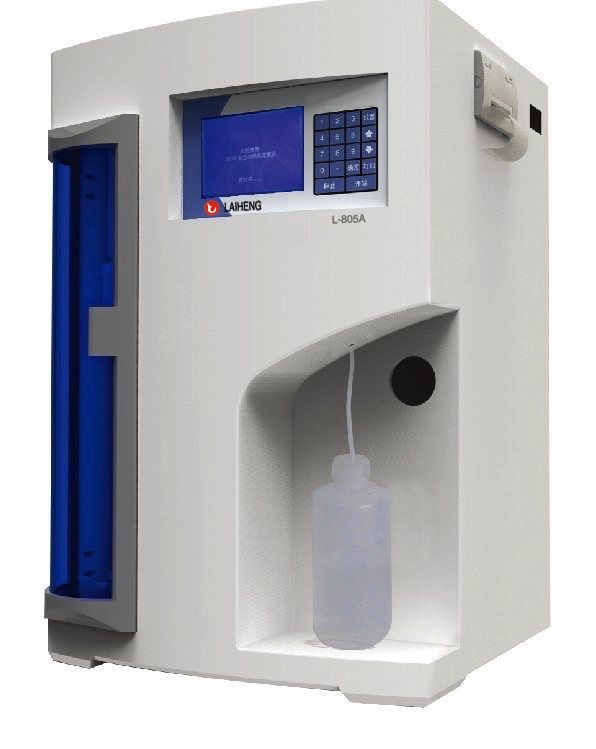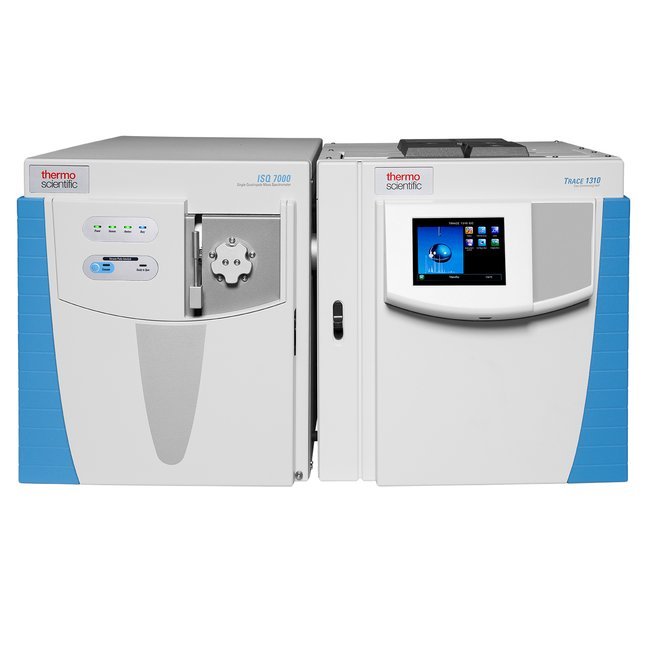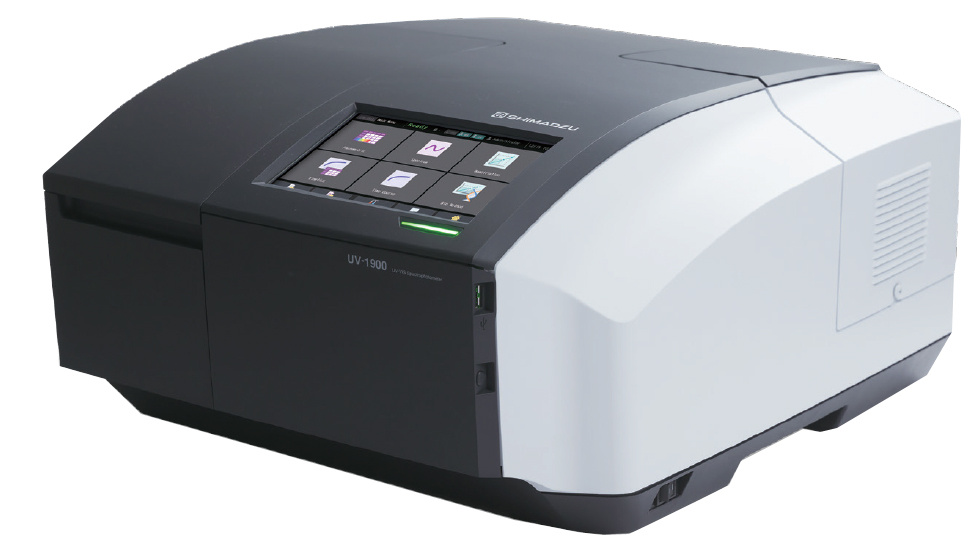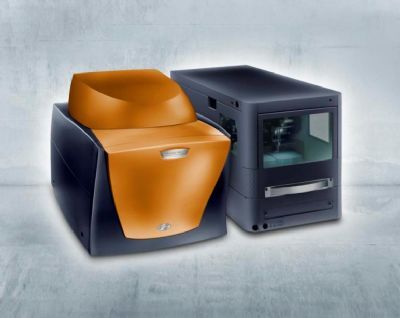等温微量热法研究生物制品长时间稳定性评价
The fled of biologics, i.e. proteins, particularly monoclonal antibodies (mAbs), as pharmaceutical drugs, is the fastest growing segment in the biopharmaceutical industry. Therapeutic formulations of monoclonal antibodies usually require concentrations on the order of 100 mg/mL or more, a condition that exacerbates protein denaturation and aggregation tendencies. Selecting the monoclonal antibody with the best denaturation/aggregation profile and identifying the solution conditions (formulation) that maximize the long term stability of the antibody are major goals in the development process. To accomplish these goals, researchers routinely measure different aspects of protein denaturation and aggregation using various complementary or orthogonal techniques. Some techniques measure the conformational stability of the protein (e.g., differential scanning calorimetry, differential scanning ?uorometry, isothermal chemical denaturation) and other techniques measure aggregation after lengthy sample incubation (e.g., size exclusion chromatography, light scattering). Since the expected long term stability is longer than one year, incubation times are usually reduced by accelerating denaturation/aggregation process by, for example, increasing the incubation temperature or stressing the sample in different ways. It would be highly desirable for a more efficient development of new therapeutic mAbs, to have access to a technique that provides the rate of denaturation/aggregation fast and accurately. In this technical note, we introduce the Thermal Activity Monitor (TAM) as a way to measure the rates of denaturation and aggregation of monoclonal antibodies and other proteins at constant temperature.
